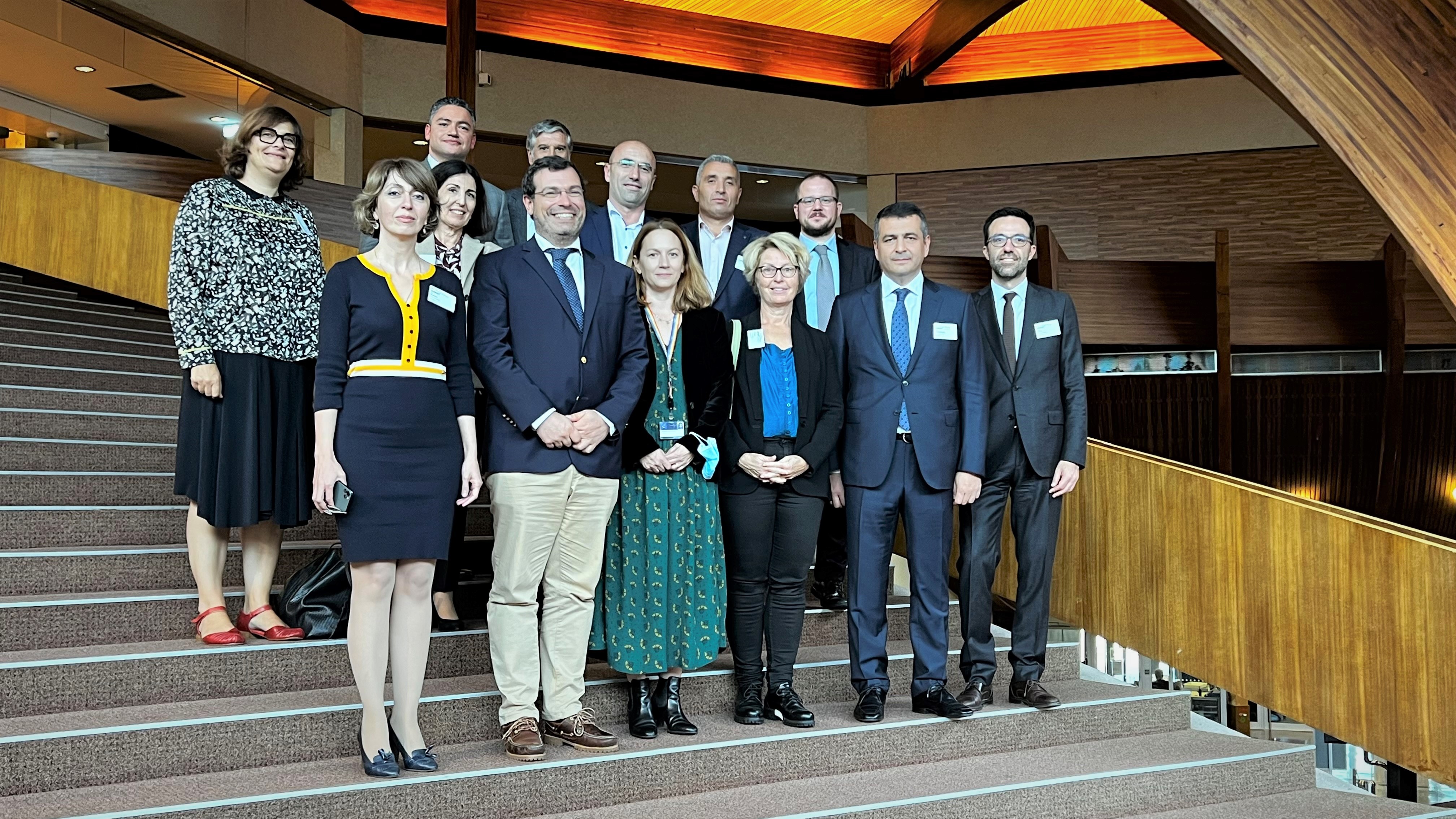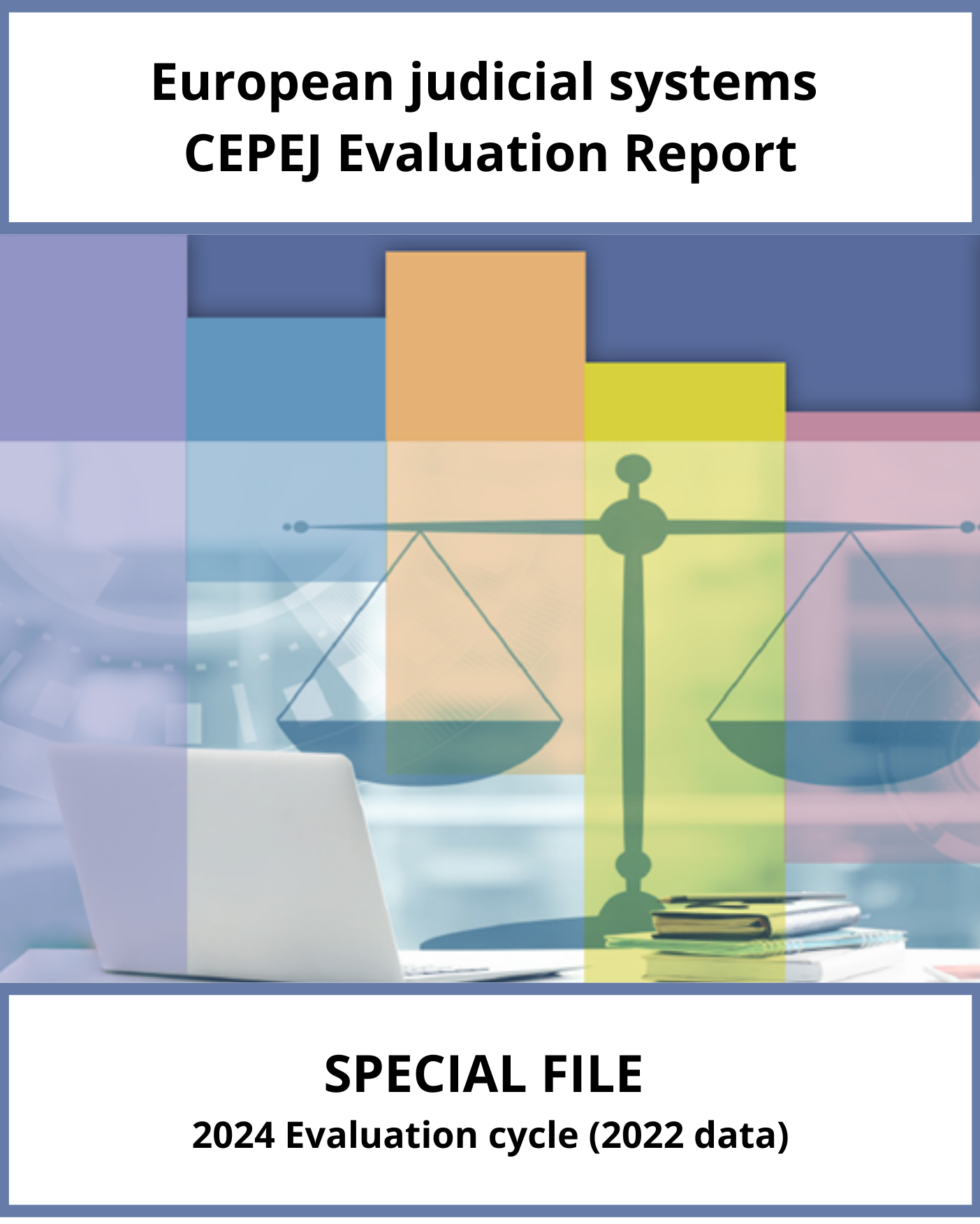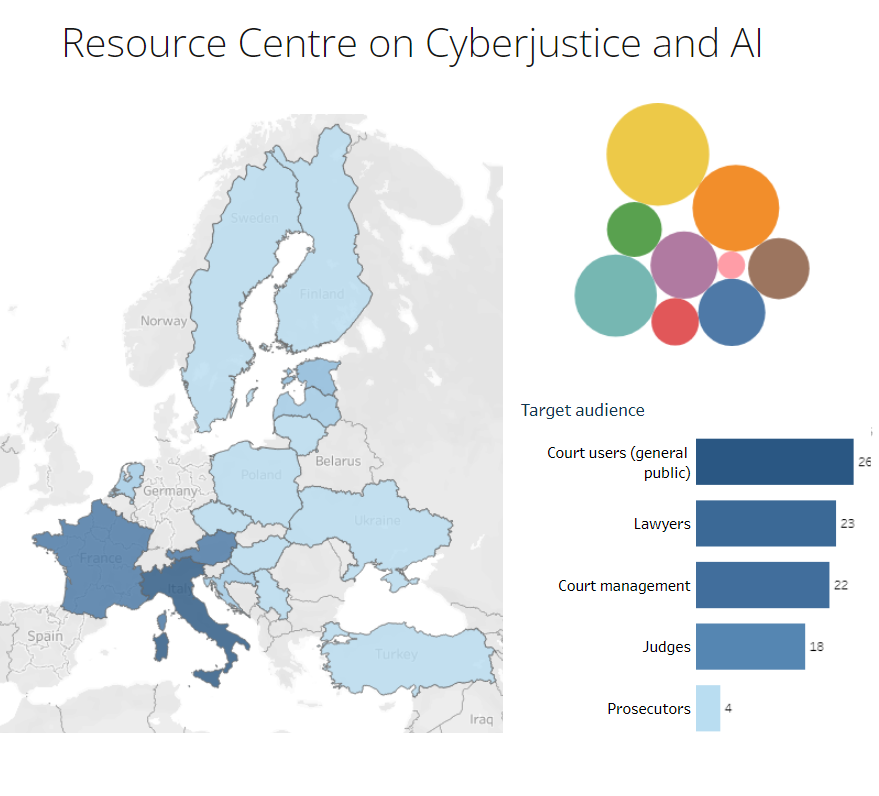Quality of justice

The Working Group on quality of justice (CEPEJ-GT-QUAL) is instructed to develop means of analyse and evaluation of the work done inside the courts with a view to improving, in the member states, quality of the public service delivered by the justice system, in particular vis-à-vis the expectations of the justice practitioners and the users, according to criteria of performance and efficiency meeting a large consensus.
In order to fulfil its tasks, the CEPEJ-GT-QUAL must in particular, while observing the principle of independence of judges:
- collect necessary information on evaluation systems of the quality of judicial work existing in the member states;
- improve tools, indicators and means for measuring the quality of judicial work;
- draft concrete solutions for the policy makers and for the courts, allowing to remedy dysfunctions in the judicial activity and balance the obligations of the work of judges and its workload with the obligation to provide a justice of quality for the users.
Since 2020 the CEPEJ-GT-QUAL integrated in its mandate the promotion of mediation as a follow up to the work previously conducted by the CEPEJ-GT-MED and continued to develop tools in this area, which can be found on the mediation webpage.
 Working Group on quality of justice (CEPEJ-GT-QUAL)
Working Group on quality of justice (CEPEJ-GT-QUAL)
- Guidelines on the evaluation of the quality of work of judges (12/2024)
- Assessment Tool for the operationalisation of the European Ethical Charter on the use of artificial intelligence in judicial Systems and their environment (12/2023)
- Guidelines on gender equality in the recruitment and promotion of judges (12/2022)
- For a better integration of the user in the judicial systems: Guidelines and comparative studies on the centrality of the user in legal proceedings in civil matters and on the simplification and clarification of language with users (06/2021)
- Breaking up judges’ isolation - Guidelines to improve the judge's skills and competences, strengthen knowledge sharing and collaboration, and move beyond a culture of judicial isolation (12/2019)
- Toolkit for the implementation of the Guidelines on Cyberjustice (06/2019)
- European Ethical Charter on the Use of Artificial Intelligence in Judicial Systems and their environment (12/2018)
- Guide on communication with the media and the public for courts and prosecuting authorities (12/2018)
- Guidelines on how to drive change towards Cyberjustice (12/2016)
- Structural measures adopted by some Council of Europe member states to improve the functioning of civil and administrative justice in addition to the effective domestic remedies required by Article 13 of the ECHR - Good practice guide (12/2016)
- Measuring the quality of justice (12/2016)
- Handbook for conducting satisfaction surveys aimed at Court users in the Council of Europe's member States (12/2016)
- Guidelines on the organisation and accessibility of court premises (12/2014)
- Guidelines on the role of court-appointed experts in judicial proceedings of Council of Europe’s Member States (12/2014)
- Checklist for court coaching in the framework of customer satisfaction surveys among cour users (12/2013)
- Questionnaire on the role of experts in judicial systems of the Council of Europe member States (12/2013)
- Guidelines on the creation of judicial maps to support access to justice within a quality judicial system (06/2013)
- Questionnaire for collecting information on the organisation and accessibility of Court premises (04/2013)
- Checklist for promoting the quality of justice and the courts (07/2008)
The CEPEJ has developed important reference texts concerning the implementation of digital justice in the judicial systems of the member States of the Council of Europe: the Guidelines on how to drive change towards cyberjustice as well as the European Ethical Charter for the use of artificial intelligence in judicial systems and their environment, which quickly established itself as a reference at international level.
European Ethical Charter on the Use of Artificial Intelligence in Judicial Systems and their environment [other languages: AZE, DE, FR, GR, ITA, LV, NL, POR, RUS]
Special file concerning the work of the CEPEJ in the field of artificial intelligence and predictive justice
Mindful of the need to support the implementation of the Charter and to provide guidance on how to assess conformity of the AI systems used in the judiciary with the principles of the Charter, the CEPEJ adopted the Feasibility study on the establishment of a certification mechanism for artificial intelligence tools and services at its plenary meeting on 8 December 2020.
With the same objective, at its plenary meeting on 8 and 9 December 2021, the CEPEJ adopted a Revised roadmap for ensuring an appropriate follow-up of the CEPEJ Ethical Charter on the use of artificial intelligence in judicial systems and their environment.
- Study on ensuring gender equality in the recruitment and promotion of judges (03/2021)
- Comparative study of the reforms of the judicial maps in Europe - Sciences Po Strasbourg Consulting and update concerning Portugal and Croatia (2013)
- Study on the situation of the contractualisation and judicial process in Europe - CEPEJ Studies No. 16 (12/2010)
- Report on conducting satisfaction surveys of court users in Council of Europe member States - CEPEJ Studies No. 15 (09/2010)
- Study on "Quality management in courts and in the judicial organisations in 8 Council of Europe member States" (09/2010)
- Other useful documents
Collaborative workspaces:






